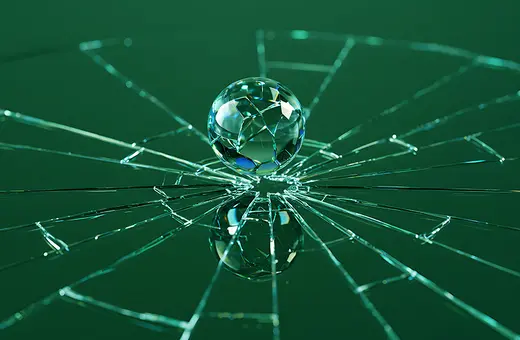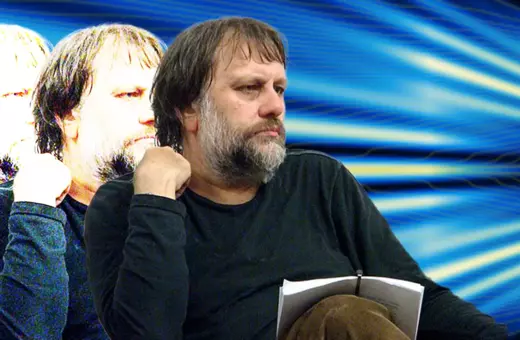What do we mean when we talk of evidence and knowledge? Do we necessarily mean something outside ourselves? Or could we ground the concepts in our own experiences? Philipp Berghofer explains what a phenomenological account of evidence will look like.
Certainly, there is a lot we know about ourselves, the world we live in, and abstract objects. I know I like Star Wars, that there are several books in front of me on my desk, and that 2 + 3 = 5., It’s also uncontroversial that human knowledge is fallible. I can fall prey to optical illusions, I regularly miscalculate, and sometimes, sadly, I even err about my own beliefs and desires. What’s more, people can be systematically manipulated into adopting false beliefs and abandoning truth and reason. Philosophers like thought experiments, like contemplating the idea of an evil demon who systematically deceives some poor soul. Even scarier, perhaps, is the idea of an old friend or kind relative getting lost in conspiracy theories, becoming insensitive to any criticism, counter-evidence, or scientific results. For many of us, this is no thought experiment but reality.
What are our sources of knowledge? Why are they fallible? What strategies can we implement to best avoid being deceived and manipulated? These are questions as old as philosophy but as relevant as ever. Often people seem to think that if a question is old but remains unanswered, there has been no significant progress towards answering this question. This is not true. Consider physics. One question as old as physics is: What are the most fundamental objects of physical reality? Even today there is no consensus in the physics community. Is it elementary particles, quantum fields, strings, or something entirely different? Is there even a most fundamental level of physical reality? We don’t know.
We may not know the answer, we certainly do not agree on one, but over the course of history, we abandoned ideas and approaches that turned out to be problematic.
But surely there has been progress in physics. Physical theories that turned out to be inconsistent with increasingly sophisticated empirical evidence and experiments have been abandoned and replaced by more refined (and dare I say, more accurate) theories. Something similar is true for many philosophical questions. We may not know the answer, we certainly do not agree on one, but over the course of history, we abandoned ideas and approaches that turned out to be problematic in the light of our increasingly sophisticated intuitions, understanding of the world, and logical and conceptual tools and replaced them with more refined (and dare I say, more promising) ones.
In this article, I address this age-old topic of sources of knowledge and the nature of evidence. I do so from the perspective of phenomenology. By “phenomenology” I refer to the philosophical tradition inaugurated by Edmund Husserl at the beginning of the 20th century. Often the phenomenological tradition is contrasted with the currently dominant so-called analytic tradition. However, just as philosophers in the analytic tradition significantly differ concerning their respective views, methods, and styles, the phenomenological tradition is not one entirely uniform movement. Broadly speaking, phenomenology is primarily concerned with the structures of consciousness, employs a descriptive, first-person methodology, emphasizes the interrelatedness of subject and world, and considers the various types of experiences as our primary justifiers. Furthermore, special emphasis is put on the intentionality (directedness) of consciousness which is identified as an essential feature of consciousness. In what follows, I am concerned with Husserlian phenomenology, i.e., phenomenology in the spirit of Edmund Husserl.















Join the conversation